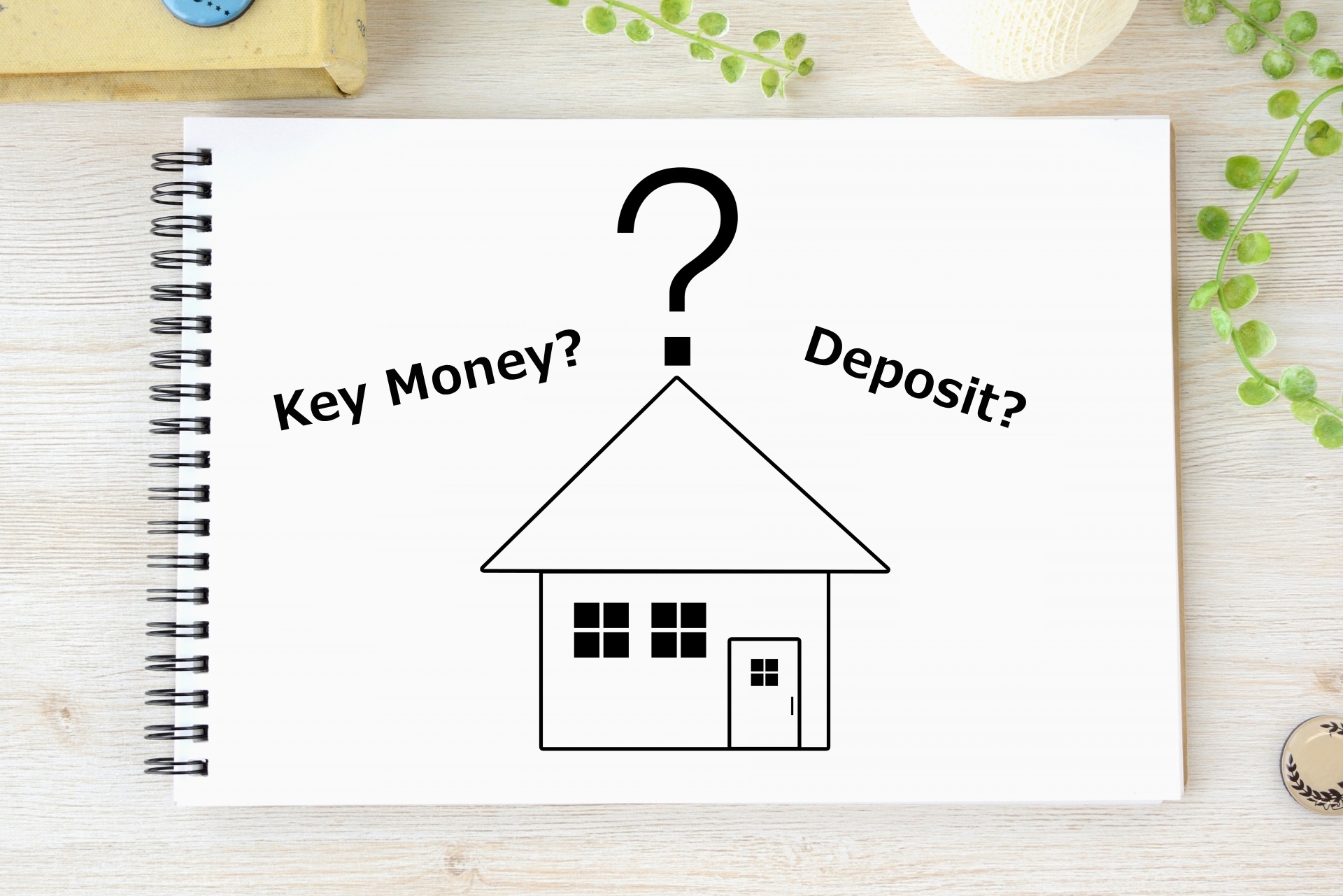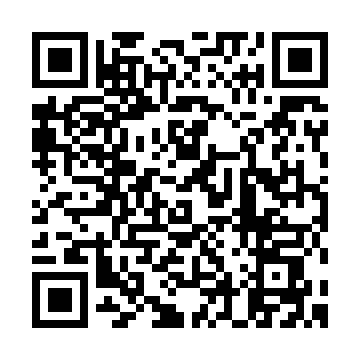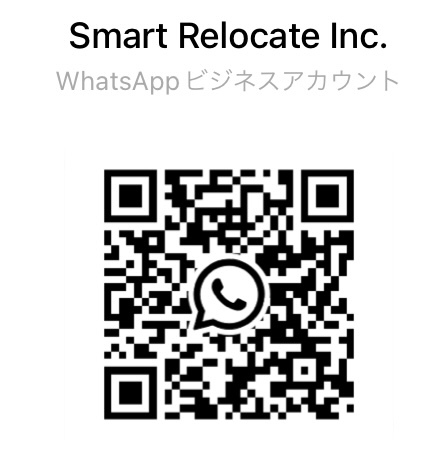When you see real estate ads catering to expats, you may come across terms like “security deposit” and “key money”.
The security deposits and key money are common types of initial costs required when renting apartments in Japan. Security deposits may be similar to the ones on other countries. However, key money is a Japanese custom that is not common in other countries, and therefore people accustomed to the rental procedures elsewhere often wonder about the real meaning of these payments.
We will explain below so read on!
What is security deposit?
A security deposit is usually collect with key money and initial rent when you sign a contract for renting a new apartment. It covers damages and wears incurred during the lease period, and any restoration fee will be deducted from it when you move out.
It is usually common understanding that when a renter moves out, the apartment should be returned to the owner in the same state as when it was rented.
The renter is legally responsible for the cost of repairs related to damage and wear caused by the renter’s intention or negligence.
Intention or negligence refers to any destructive or clearly unconventional use of the property during your stay.
You will also need to pay for repairing damage caused by cigarette smoke, discoloration of the wall caused by nicotine, scratches made by children and pets, dirt, and deliberate holes in the wall.
The restoration cost and other conditions will be specified in the contract of the lease agreement, so be sure to check the contract before you sign them.
By the way….
If the rent is long due and unpaid for, yet the renter cannot be contacted, and the guarantor does not have sufficient ability to pay, the house owner is able to deduct the unpaid rent from the security deposit.
How much is the average price for security deposits?
In most cases, the security deposit will be equal to one month’s rent.
However, the price may vary depending on the size of the property, the rent, and the area, so please be sure to check the amount of the security deposit with the real estate agent in advance.
What is Key money?
Key money is unique to Japanese culture and is something you pay additionally when renting a home.
The beginning of the key money custom is said to be at the time of the Great Earthquake of Tokyo back in 1923. More than 100,000 houses were completely destroyed by the earthquake alone, and a further 210,000 homes were burned down by the fire that followed.
Many people needed to rent houses after the earthquake, therefore available houses were very scarce. It is said that the key money culture started then. The idea was a gesture of giving thanks to the owner who, despite the chaos of the disaster, and among the many people who wanted to borrow, was kind enough to lend you a house. ( it should be noted that there are various theories) . The tradition sticks to this day.
What is the meaning of key money now?
Nowadays, the key money required for the rental contract is more a reflection of established tradition than an expression of gratitude to the owner.
As proof of that, there are many properties that do not require key money for rental these days.
In the case of rental apartments for young people and singles, in particular, key money becomes a financial burden for them and the rate of empty rooms increases, so there are many cases where key money is not charged.
How much is the average key money?
In many cases, the price of the average key money is one month’s rent, which is almost the same as the security deposit.
Difference between security deposit and key money
The biggest difference between the security deposit and key money, is “refundability”.
Security deposit will be refunded, key money is not refunded
| Security Deposit | Key Money | |
| Purpose | Restoration costs, collateral for unpaid rent | Reward money to the owner |
| Market price | 1 Month rent fee | 1 Month rent fee |
| Refund after contract termination | ○ | × |
The security deposit is the cost of the “collateral for restoration costs”, as described above.
Therefore, the deposit will be refunded if you do not have to offset the costs required to restore the original condition after the end of the contract.The price of the deposit also varies depending on the size of the room and the rent fee.
On the other hand, there is no refund for key money.
Also, please note that key money means gratitude, so be careful not to ask for discounts.
When do you pay the security deposit and to whom?
If you rent a property with a security deposit or key money, you need to pay the real estate company when you conclude the contract.
The key money is for the owner of the apartment, but it is not paid directly to the owner.
You pay to the real estate company together with other initial costs.
The difference between deposit and key money is the purpose and whether it’s refunded
We explained on the difference between the initial cost of “Science deposit” and “Key money” in the rental agreement in Japan.
The security deposit is used as a security for the restoration as well as the replacement of the unpaid rent fee, and will be refunded depending on the condition of the property after moving out.
A note on deposit refunds is also described in the following article;
How to cut costs on security deposits(敷金) on rental apartments
Please see this article too.
If you plan to move to Japan or seek assistance after settling down, we are at your service.
If you have plans to move to Japan or need help getting settled, we’d be glad to assist you. We can also help you from choosing the right apartment to assisting you with the paperwork, as well as provide support for your everyday life.
For details regarding support, refer to: our services
You can contact us via email:
If you wish to contact us via SNS, click on the LINE logo on the bottom right hand corner of your browser. We can speak Japanese and English.


 CONTACT
CONTACT







